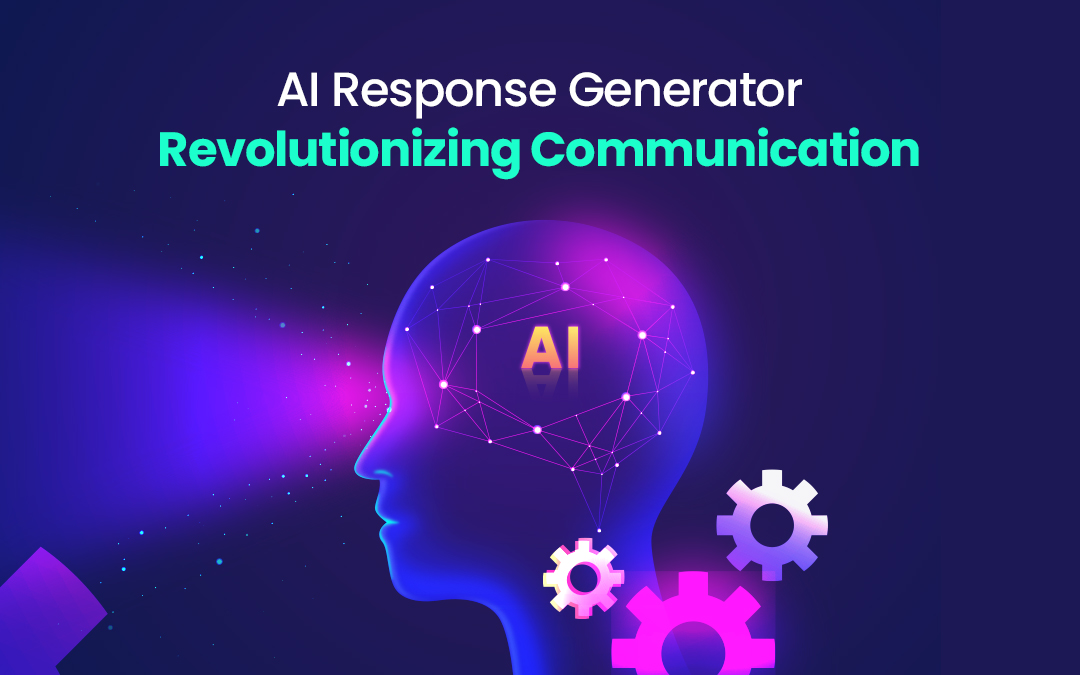
Introduction
In today’s digital landscape, the role of AI in personalizing customer experience has become a cornerstone of business success. Companies are increasingly leveraging Artificial Intelligence (AI) to tailor interactions, offers, and communications to individual preferences and behaviors. AI technologies enable businesses to enhance their customer service, optimize marketing strategies, and build more meaningful relationships with their audience. This article explores how AI contributes to personalizing customer experience, the benefits it brings, and the challenges associated with its implementation.
Understanding AI and Personalization
AI encompasses a range of technologies designed to simulate human intelligence, including machine learning, natural language processing (NLP), and data analytics. Personalization in the context of customer experience refers to the ability to customize interactions and offers based on individual customer data and preferences.
AI personalizes customer experiences through several mechanisms:
- Data Collection and Analysis: AI systems can gather and analyze vast amounts of customer data, including browsing history, purchase behavior, and social media activity. By identifying patterns and trends, AI helps businesses understand customer preferences on a deeper level.
- Predictive Analytics: AI uses predictive analytics to forecast future customer behavior based on historical data. This allows businesses to anticipate customer needs and make proactive recommendations.
- Real-time Personalization: AI algorithms can provide real-time personalization by adjusting content, offers, and interactions based on immediate customer actions and preferences.
Enhancing Customer Service with AI
AI-driven customer service solutions have revolutionized the way businesses interact with their customers. Here’s how AI enhances customer service:
- Chatbots and Virtual Assistants: AI-powered chatbots and virtual assistants provide instant, 24/7 support to customers. They can handle a wide range of queries, from simple FAQs to more complex issues, improving response times and customer satisfaction.
- Personalized Recommendations: AI algorithms analyze customer data to suggest products or services tailored to individual preferences. For example, e-commerce platforms use AI to recommend items based on a user’s browsing history and previous purchases.
- Sentiment Analysis: AI can analyze customer feedback, reviews, and social media mentions to gauge sentiment. This helps businesses understand customer emotions and address concerns more effectively.
Optimizing Marketing Strategies
AI plays a crucial role in refining marketing strategies through personalization. Here’s how AI enhances marketing efforts:
- Targeted Advertising: AI helps businesses create highly targeted advertising campaigns by analyzing customer demographics, interests, and behavior. This ensures that ads reach the right audience with relevant content.
- Content Personalization: AI enables businesses to deliver personalized content to users based on their interests and browsing history. For instance, news websites use AI to recommend articles tailored to individual reading preferences.
- Email Marketing: AI can optimize email marketing campaigns by segmenting audiences and crafting personalized messages. Machine learning algorithms analyze past interactions to determine the best time to send emails and the most effective subject lines.
Building Customer Relationships
AI enhances customer relationships by enabling more personalized and meaningful interactions:
- Customer Segmentation: AI-driven segmentation allows businesses to group customers based on shared characteristics and behaviors. This enables more targeted communication and personalized offers.
- Behavioral Insights: AI provides valuable insights into customer behavior, allowing businesses to tailor their approaches. For example, understanding a customer’s purchase history can help businesses offer relevant product recommendations.
- Loyalty Programs: AI can optimize loyalty programs by analyzing customer data to create personalized rewards and incentives. This enhances customer retention and encourages repeat business.
Challenges in Implementing AI for Personalization
While AI offers numerous benefits for personalizing customer experience, its implementation comes with challenges:
- Data Privacy and Security: Collecting and analyzing customer data raises concerns about privacy and security. Businesses must ensure compliance with data protection regulations and implement robust security measures.
- Integration with Existing Systems: Integrating AI solutions with existing systems can be complex and costly. Businesses need to ensure that AI technologies seamlessly work with their current infrastructure.
- Bias and Fairness: AI algorithms can inadvertently perpetuate biases present in the training data. It’s essential for businesses to address bias and ensure that AI-driven personalization is fair and unbiased.
- Cost of Implementation: Implementing AI solutions can be expensive, especially for small and medium-sized enterprises. Businesses must carefully evaluate the return on investment and consider cost-effective options.
Future Trends in AI-Powered Personalization
The future of AI in personalizing customer experience looks promising with several emerging trends:
- Advanced Natural Language Processing: Continued advancements in NLP will enable even more nuanced and human-like interactions between AI systems and customers.
- Hyper-Personalization: AI will drive hyper-personalization by delivering highly tailored experiences based on an individual’s real-time behavior and preferences.
- AI-Driven Customer Journey Mapping: AI will enhance customer journey mapping by providing deeper insights into customer interactions and identifying opportunities for personalization at various touchpoints.
- Ethical AI Practices: There will be a growing emphasis on ethical AI practices, including transparency, fairness, and accountability, to address concerns related to data privacy and bias.
Conclusion
AI has transformed the way businesses personalize customer experiences, offering new opportunities to enhance customer service, optimize marketing strategies, and build stronger relationships. Despite the challenges, the benefits of AI-driven personalization are significant, making it a valuable asset for businesses seeking to stay competitive in a rapidly evolving market. As AI technology continues to advance, its role in personalizing customer experience will only grow, paving the way for even more innovative and impactful solutions.








Comments are closed.